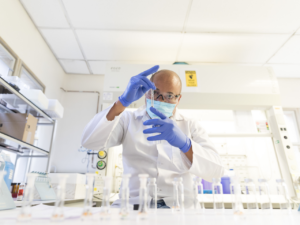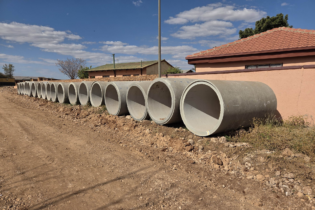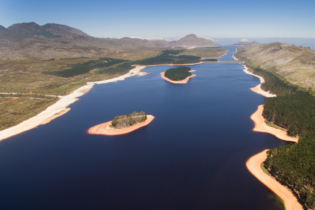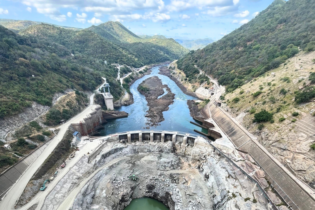Bureau Veritas, a world leader in testing, inspection, and certification services, operates across agri-food, industry, commodities, and building and infrastructure markets. Water is a critical resource in these sectors, and as its quality declines, water analysis becomes increasingly essential.
A world leader in testing, inspection and certification services, Bureau Veritas operates in agri-food, industry, commodities as well as building and infrastructure markets. Water is a critical resource across all these sectors, and as its quality declines, water analysis is becoming increasingly important.
“From a Bureau Veritas perspective in Africa, a large component of our water analysis in terms of effluent and waste is done for the mining industry and large corporations. But the average consumer is also concerned about water quality. There are increased requests around testing the quality of borehole water and water in storage tanks. There is a general distrust when it comes to water quality in South Africa, which is not always justified as our metros generally have exceptional water quality. Regulations in South Africa are stringent and drive a lot of testing around water quality,” says Joanne Barton – managing director of
M&L Laboratories, a Bureau Veritas facility.
To reduce water risk from a supply perspective, many companies and individuals are turning to groundwater. “This groundwater may be contaminated and require additional treatment before it can be used in production processes or before it can meet potable standards. It is also important to do a full spectrum of tests like microbiological analysis, metals analysis and an aggressiveness test,” she adds.
Bureau Veritas offers SANS 241 potable water testing, as well as environmental contaminated water analysis and soil testing, mining, effluents, agricultural, domestic, river and dam water testing. Waste classification and safety data sheets are also provided.
Laboratories
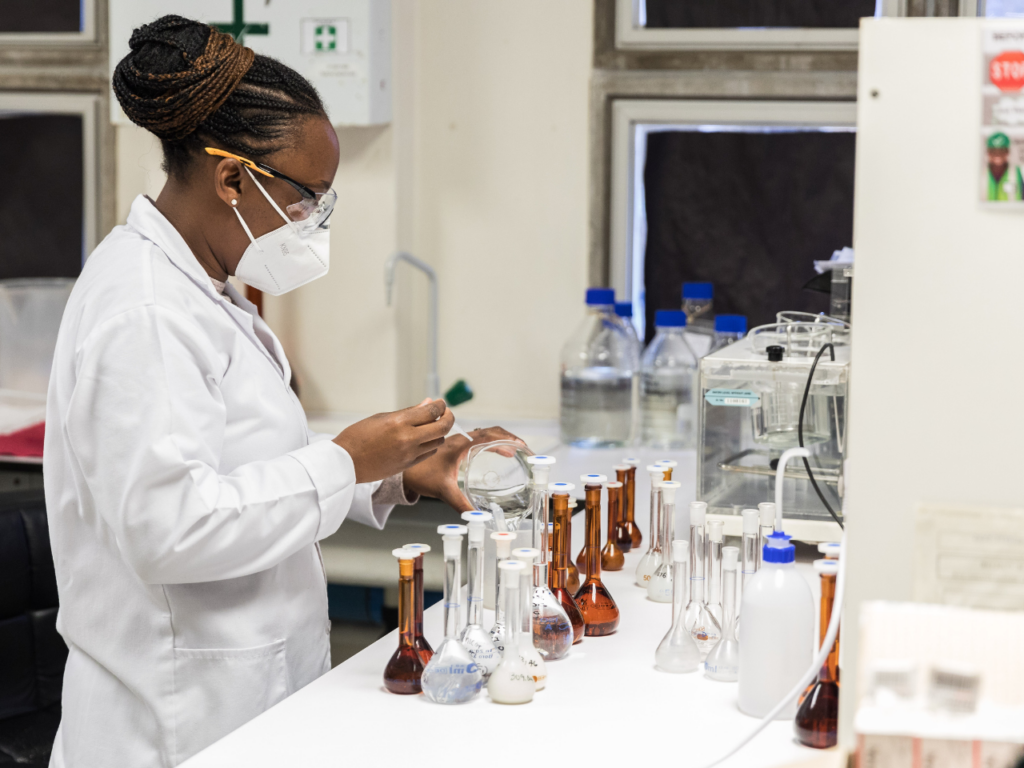
The company benefits from a large, global network of laboratories. Offering equipment and field-specific technical expertise, their facilities are strategically located, granting easier access from ports and major manufacturing locations.
“Laboratory equipment and technology is changing at a rapid pace. Instruments that used to fill a whole room can now sit on a benchtop. Laboratories need to invest in new equipment to get lower detection limits. There is a lot more flexibility and new ways in testing water where dirtier water samples can be tested without damaging the instruments,” maintains Barton.
This extends to the automation and the artificial intelligence where laboratories use digital assistants to help technicians analyse data samples. Bureau Veritas has launched an AI program called CHARLES®, which is designed in partnership with Microsoft and its Azure platform,” states Barton.
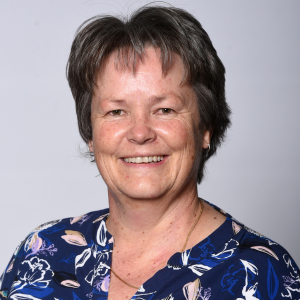
Joanne Barton – managing director of M&L Laboratories, a Bureau Veritas
AI improves laboratory testing in two major ways. First, it accelerates the testing process, analysing thousands of data points faster than the trained human eye. Since much of the data analysis performed in laboratory testing is repetitive and time-consuming, doling out simpler tasks to AI makes analysis quicker and easier. This allows lab technicians to focus on more sensitive testing issues – such as analysing abnormal or critical samples, those of greatest concern to clients – and thereby offer more useful insights and recommendations.
Secondly, AI has the power to learn as it works, recognising sample patterns more quickly and accurately over time – which is crucial for testing services. Because machine learning is not rule-based, but factors in correlations and permutations, it retains the flexibility to allow for various interpretations.
Barton adds that Bureau Veritas works with a variety of professionals in the water sector – from hydrogeologists, environmental consultants and chemists to engineers, financial consultants and mine managers. “A lot of the time, we do more than merely issue laboratory results. We identify trends, and issue reports through evaluating the water quality results. We essentially help our clients interpret their own data.”
Certifications
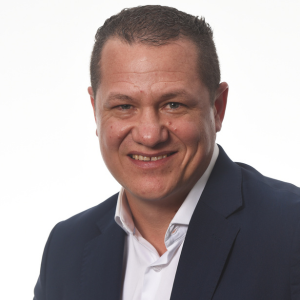
Gavin Hefer, District Chief Executive for Bureau Veritas Southern Africa.
Furthermore, as an independent third party and accredited certification body, they can attest that management systems, services and people comply with specific standards. Depending on client needs and the regulatory framework, Bureau Veritas acts as an independent body, delivering reports and certificates required by third parties. As an independent certification body, Bureau Veritas certifies that the quality, health, safety and environment management systems utilised by clients comply with international standards (usually ISO norms) or with national, industry-wide segment or large company-specific standards.
All Bureau Veritas laboratories are SANAS 17025 accredited and are involved in accredited round robin testing schemes where different laboratories stringently monitor each other and evaluate if laboratories are proficient and upholding a high standard.
There are still a lot of water quality tests conducted through uncertificated laboratories.
“Just because something is tested, does not mean that it is right. Inaccurate results have massive financial, environmental and even health implications, so it is absolutely vital that we not only comply but surpass testing standards. There is a growing trend where companies are more discerning on the laboratories they use,” states Gavin Hefer, District Chief Executive for Bureau Veritas Southern Africa.
Sustainability
Another trend is a greater focus on sustainability. “We help our clients to meet the challenges of safety, the environment, social responsibility and product or service quality all along the chain. With our expertise, our clients can measurably demonstrate the impact of their environmental, social and governance (ESG) actions by making them traceable, visible and reliable. By bringing transparency, we provide audit and certification services to protect clients’ brands and reputations. We support our clients in their selection of resources and during production. Bureau Veritas strives to accompany all clients in delivering their sustainability strategy and meet the expectations of their employees and stakeholders. There is a greater push to accelerate the green and net-zero transition in Europe than in Africa. But there is growing interest in Africa, and this is where Bureau Veritas can add real value. Sustainability is at the core of everything we do,” says Hefer.
Bureau Veritas was established in 1828 and has a presence in over 140 countries around the word, with an impressive footprint in Africa.
“While we have been operating in South Africa for 30 years through our Ormonde laboratory in Johannesburg and more recent Brackenfell laboratory in Cape Town, we opened our first branch in Senegal in 1898. Today, we employ over 3500 people that work in 35 laboratories and offices in various countries on the continent. We are excited about our Cape Town laboratory, there is a definite need for testing services in the area, and we look forward to playing a key role in ensuring that water is safe to drink, discharge into the environment or use in production processes,” he adds.
Innovation, integrity, sustainability and international support both financially and technically set Bureau Veritas apart. They also focus on developing and nurturing skills of their employees as well as attracting the best possible talent in the industry.
 The company benefits from a large, global network of laboratories. Offering equipment and field-specific technical expertise, their facilities are strategically located, granting easier access from ports and major manufacturing locations.
The company benefits from a large, global network of laboratories. Offering equipment and field-specific technical expertise, their facilities are strategically located, granting easier access from ports and major manufacturing locations.




